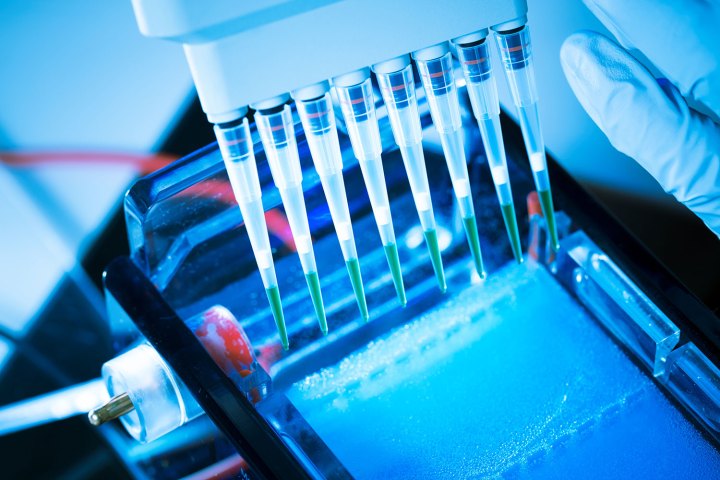
These types of diseases occur when errors in RNA sequences prevent the production of key proteins. However, with RNA-targeting Cas9, researchers were able to get rid of the RNA errors, particularly those linked to ALS and Huntington’s. In fact, so effective was this new methodology that scientists were able to remove more than 95 percent of the problematic RNA.
“This is exciting because we’re not only targeting the root cause of diseases for which there are no current therapies to delay progression, but we’ve re-engineered the CRISPR-Cas9 system in a way that’s feasible to deliver it to specific tissues via a viral vector,” said senior author Gene Yeo, professor of cellular and molecular medicine at the UC San Diego School of Medicine.
Yeo’s team also found that applying RNA-targeting Cas9 managed to reverse 93 percent of dysfunctional RNA targets in muscle cells, ultimately turning those cells back into what appeared to be healthy control cells. But while these are all promising results, for the time being, the technique has only been tested in lab settings.
“The main thing we don’t know yet is whether or not the viral vectors that deliver RCas9 to cells would illicit an immune response,” Yeo said. “Before this could be tested in humans, we would need to test it in animal models, determine potential toxicities and evaluate long-term exposure.”
Still, the new methodologies could be groundbreaking in the medicine field.
As David Nelles, co-first author of the study said, “We are really excited about this work because we not only defined a new potential therapeutic mechanism for CRISPR-Cas9, we demonstrated how it could be used to treat an entire class of conditions for which there are no successful treatment options.”


